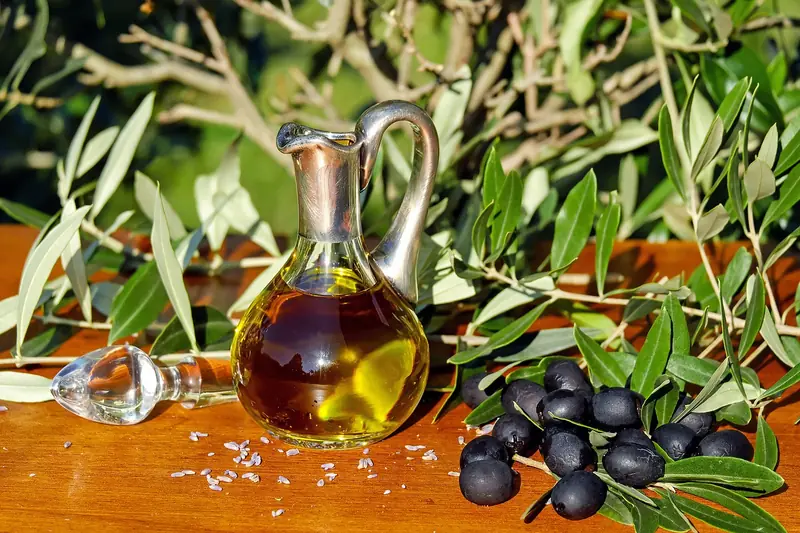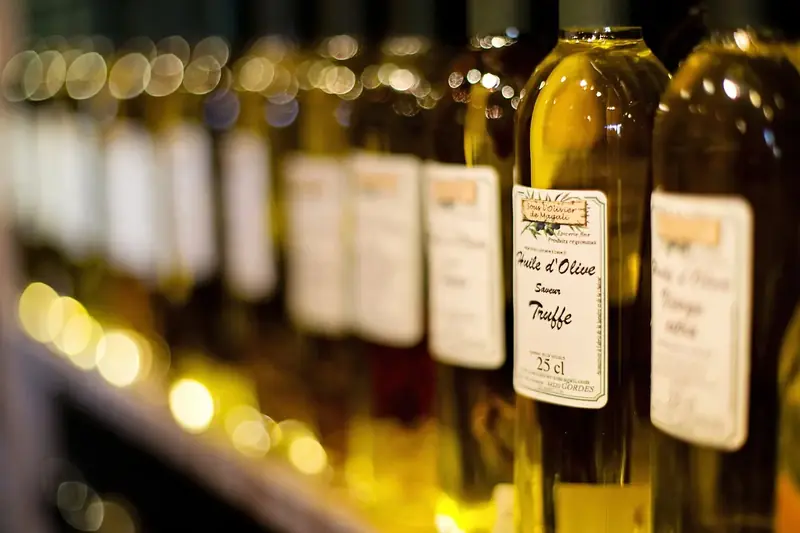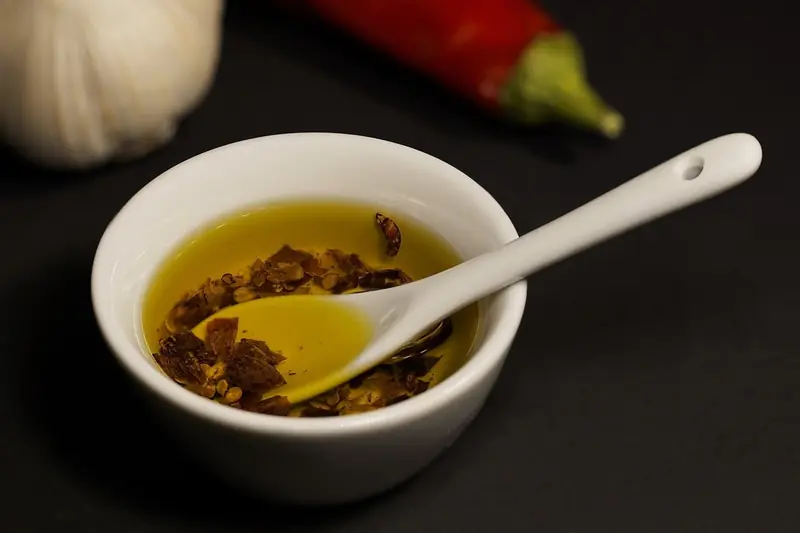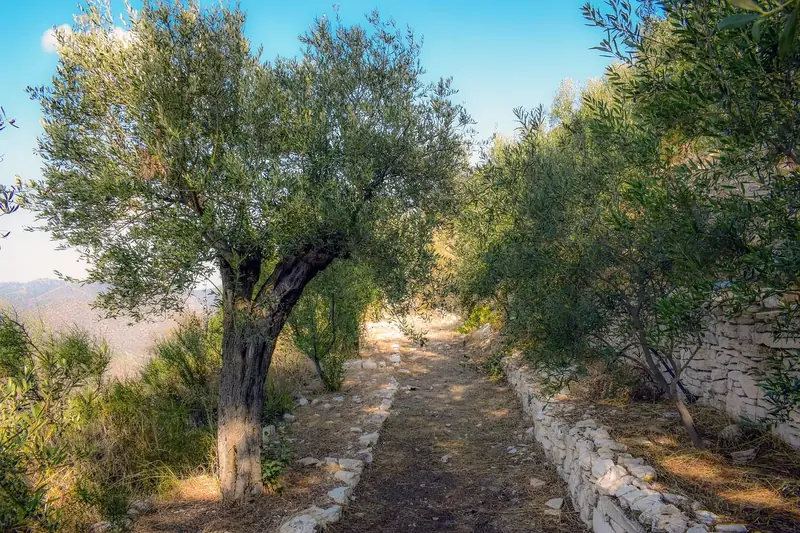
Consumer protection experts from the British organization Which? have been increasingly vocal about olive oil after receiving a surge of complaints from shoppers about its rancidity. Meanwhile, the price of this product has tripled in just the last three years.

What common olive oil storage mistakes did experts highlight?
Many people store olive oil near the stove for easy access. However, experts warn that this can lead to the oil spoiling quickly.
They recommend keeping olive oil in a cool, dark place.
According to Which?, “Storing olive oil in a cupboard shielded from light, heat, and oxygen will extend its shelf life and prevent it from spoiling too quickly.”
Unlike wine, olive oil does not improve with age, so it’s not wise to leave it in the cupboard for years. “Once a bottle is opened, the oil is exposed to oxygen, which deteriorates its quality,” the experts added.
They are convinced that “for maximum flavor and health benefits, olive oil should be consumed within a few months.”

While Which? advises keeping olive oil as far away from heat sources as possible, storing it in the refrigerator is also a no-go. This is despite the previous belief that refrigerating olive oil could extend its shelf life. Now, experts believe it’s better to keep the product in a cool, dark cupboard.
They also recommend paying attention to the packaging. In their view, it’s best to avoid buying oil in clear plastic bottles, as such containers negatively affect the flavor. Ideally, choose a bottle made of dark glass. It blocks light and prevents the oil from spoiling—both on store shelves and in your kitchen.
What should you know about the history of olive oil?
The process of pressing olives for oil began in Europe around 3000 B.C., according to the Daily Mail.
Historians believe that the olive tree spread from Syria to Greece through Anatolia. The plant gradually became popular throughout the Mediterranean as the ancient Greeks settled the region.
The Roman author Cato described agricultural techniques for growing olives in his work “On Agriculture” in the 2nd century B.C.

The ancient Greek poet Homer referred to first-press olive oil as “liquid gold,” while the famous physician Hippocrates called it “the great healer.”
A wealth of references to this Mediterranean product can be found in the religious texts of Judaism, Christianity, and Islam, as well as in the sacred writings of ancient Egypt, Greece, and Rome.
For centuries, the olive tree has been regarded as a symbol of life, renewal, resilience, and peace. Olive oil represents purity, protection, health, and light.
